This quarter we’ve shared some valuable, actionable critical thinking strategies for teachers, parents, and school leaders to use to break through challenges and look at their problems through a new lens. Let’s recap some of these strategies and ideas for using them now and in the new year.
September Strategy - Pressing Pause

Pressing pause is a curriculum agnostic strategy where thinkers are encouraged to take a moment, share their gut reactions, and start asking questions. Once you start to think about this strategy, you may realize that you’re already pressing pause as part of your daily critical thinking process. This is a vital real-world skill we want our kids to use as they develop their own critical thinking processes. What should they do when they hear a headline? What should they do when they hear gossip in the hall? We don’t want them to stay in the “gut reaction” space when it comes to critical issues. When our kids experience a gut reaction in real time, we want them to be in the habit of pressing pause, considering what they need to know, and brainstorming where they can find that information.
Use it Now
One of the best parts of thinkLaw critical thinking strategies is that they can be implemented any time, any place. Teachers – are your students talking nonstop about the newest TikTok trend? Use that as an opportunity to press pause and ask for their gut reactions. Parents – did a crazy headline come across the radio while your kids were in the car? Ask for their gut reactions! Too often our kids are taught what they should think instead of being asked, “What do you think?” You can use Pressing Pause to develop critical thinking skills in your students and kids every single day.
Purposeful Planning
Our radios, phones, and even the conversations we overhear standing in the checkout line are chalk full of “headlines” that trigger gut reactions. As a teacher looking to implement our Pressing Pause strategy in the new year, you can keep a list of these headlines to prepare for the Pressing Pause game “Informed Opinion” (or use the ones we’ve collected for you).
For this game you will divide students into small groups and give each group a pile of cards with real world headlines or social situations. The group draws a card from the pile and a thinker reads it aloud to the group. Going clockwise, each player states one question they would ask to form an informed opinion of the situation that is presented on the card. The round ends when a thinker cannot think of a relevant question to ask within 5 seconds of their turn. The person that stops the questions loses the round and collects the card. The player with the least number of cards at the end wins.
Check Out The Full Series
October Strategy - Can I Call A Witness?

Can I Call A Witness is a strategy from our Investigation and Introduction to Discovery lessons, in which students are given a brief introduction to a legal case and asked to plan an investigation. Part of that plan is determining witnesses. Witnesses are not limited to eyewitnesses. Instead, we want students to consider expert witnesses that can help establish their case. Sometimes the experts aren’t always obvious, and it’s up to students to determine who they can call on to best support their case. Can I Call A Witness can be used with any content, or easily implemented at home! Invite your kids into your daily decision-making process by asking them for their opinions.
Should we refrigerate our eggs? Who would be the best source to educate us on healthy eating? We want to raise kids who know what they don’t know, and are able to identify experts who can help them make informed decisions.
Use it Now
As former educators, we know the month of December looks a little different than other months. Instead of fighting students for their attention, use these weeks to engage students in conversations they’re already having. I don’t know about you, but my students were obsessed with Takis. Several times students actually asked, “Can Takis really mess up your throat and stomach?” This is a great opportunity to ask them who they think might be an expert on this topic.
For the parents out there, this strategy is just as easy to use at home! As you’re tackling your to-dos, see if there is anything on your list you can involve your child in. Thinking back to our questions about the eggs – sure, maybe you know it’s wise to refrigerate the eggs, but do they?
Purposeful Planning
One of the most effective ways to increase engagement and mandate joy is to make learning fun. My Next Witness is a rapid-fire witness brainstorming game where students are divided into groups with a stack of cards, each card containing a scenario. The group draws a scenario from the pile and a thinker reads it aloud to the group. Going clockwise, each player states one expert witness they would ask to help. The round ends when a thinker cannot think of a relevant expert within 5 seconds of their turn. The person who stops the questions loses the round and collects the card. The player with the least number of cards at the end wins.
Check Out The Full Series
November Strategy - Based On What?

Based on What? is a strategy meant to bridge the gap between possessing critical thinking skills and becoming a mature critical thinker. We know that a key to 21st century success is the ability to learn, unlearn, and relearn. It takes critical thinking maturity for this to happen. We all internalize opinions and facts based on the information we have, but sometimes those ideas need to be adjusted when we are presented with the latest information. The Based on What? strategy presents students with small pieces of information over time, allowing them to assess their gut reactions, form opinions, and then assess new evidence to determine if their stance should change.
This strategy is the perfect opportunity to teach your kids the importance of examining a situation from all angles and using evidence to support their position. It also teaches students to normalize that it is OK – sometimes necessary – to change your mind when presented with new information.
Use it Now
Organic opportunities for critical thinking development are more abundant than you probably realize, and we are well aware that during this time of the year the last thing you need is one more thing. Whether you are a parent or a teacher, chances are you’re fielding requests from kids day in and day out. One way to lighten the load of your decision fatigue is to invite your student or child into the decision making process.
The next time they ask a question that you cannot immediately say yes to (due to valid concerns), ask them to list the concerns they might think you have and then present evidence to show the concerns are unnecessary. This is great practice for introspection, and gives you insight into their world. Asking for evidence is a quick strategy that can be executed in just a few minutes, but will help build lifelong mindsets your kids need to navigate real-world situations.
Purposeful Planning
One of our favorite ways to practice the Based on What? strategy is through an exercise called “Hero or Villain?” Divide your students into groups, and give each group a set of cards with facts about the individual. Most students are familiar with The Lion King, so we’ll use that as our example. You can pose the question, “Was Scar the villain?” Students will sort the fact cards into 2 piles. (1) Evidence that Scar was the villain and (2) Evidence that Scar was NOT the villain. As the teacher you should play devil’s advocate and question each choice. By the end of the exercise thinkers should have gathered enough supporting evidence to back their claims in answer to the question.
Check Out The Full Series
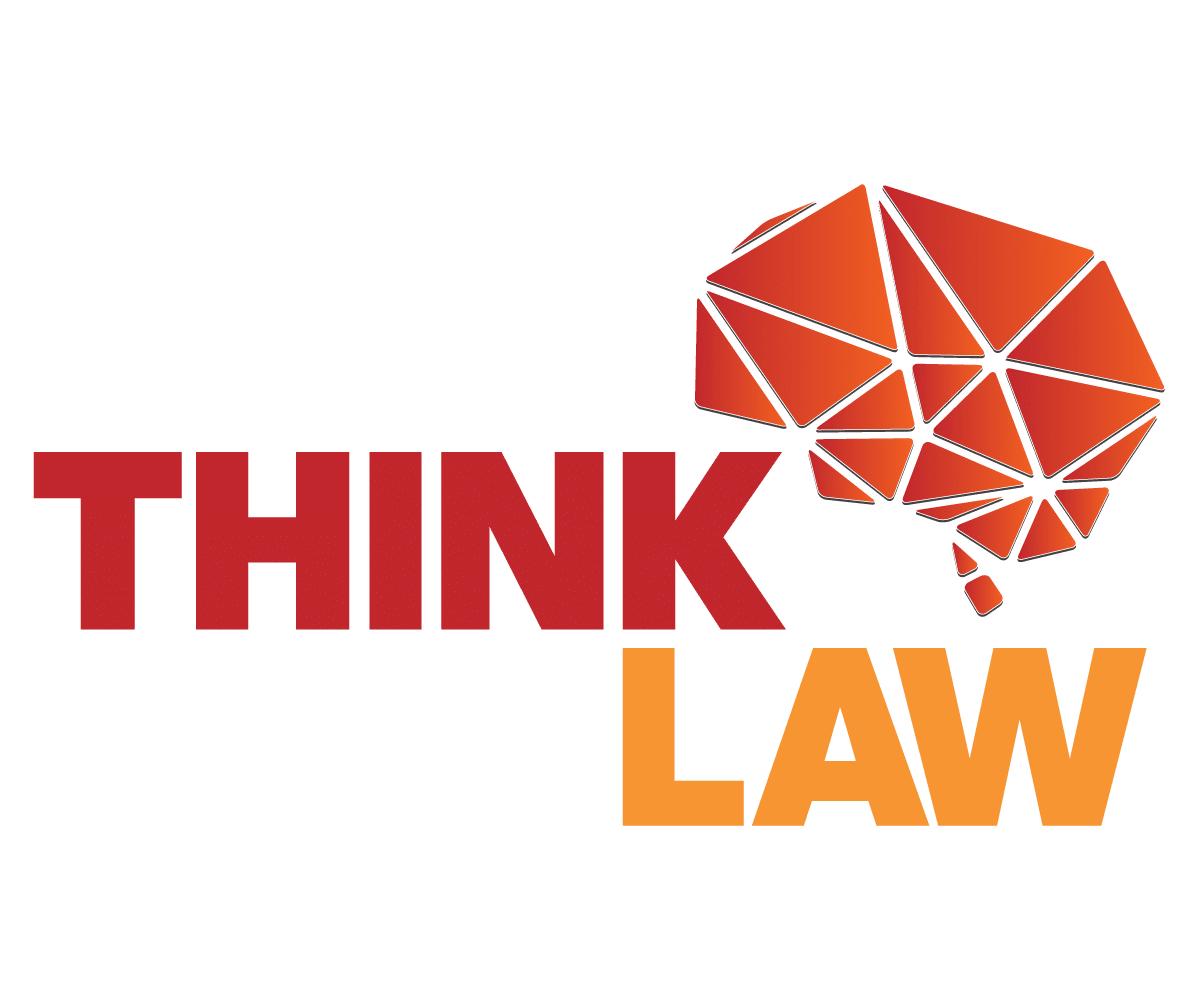
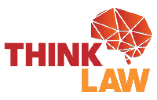
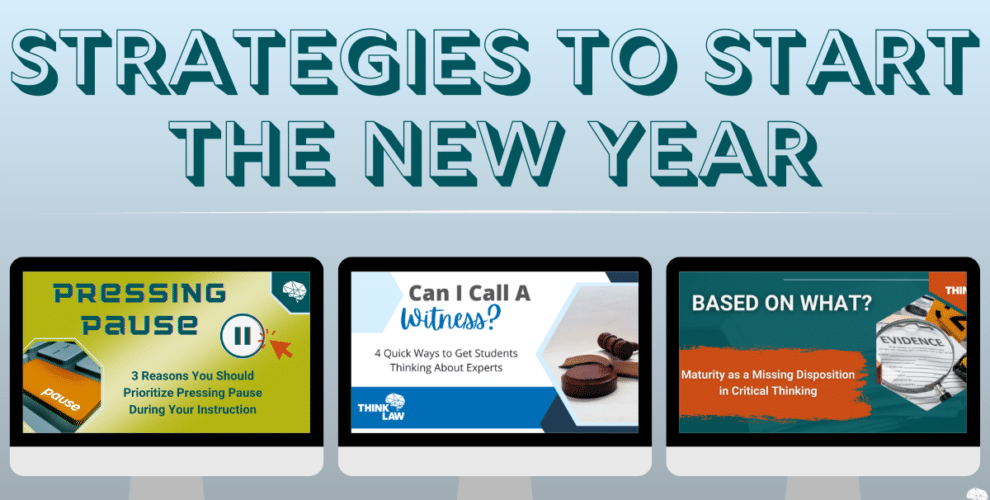









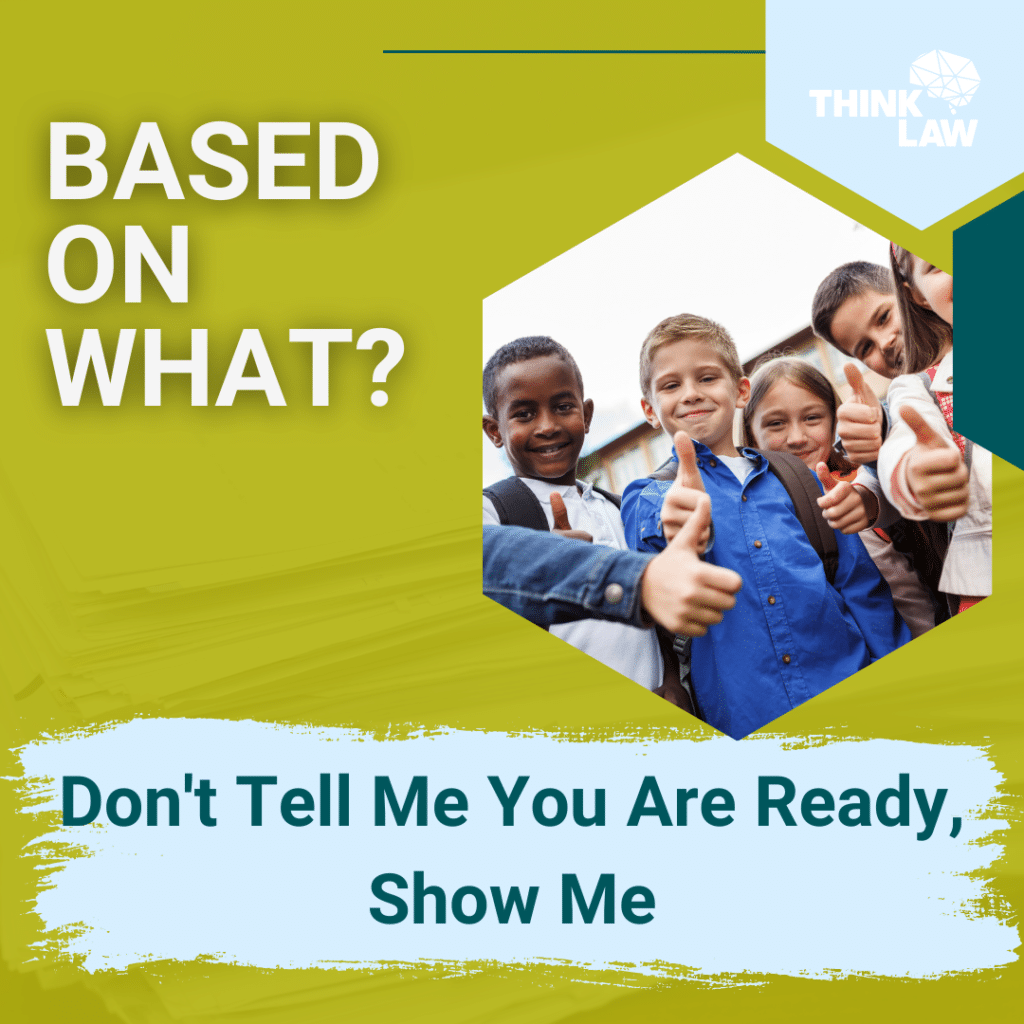


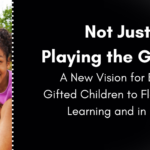
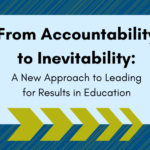
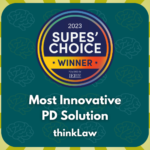
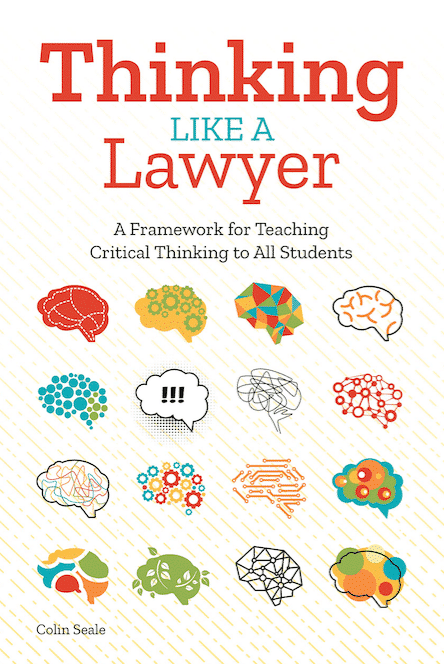
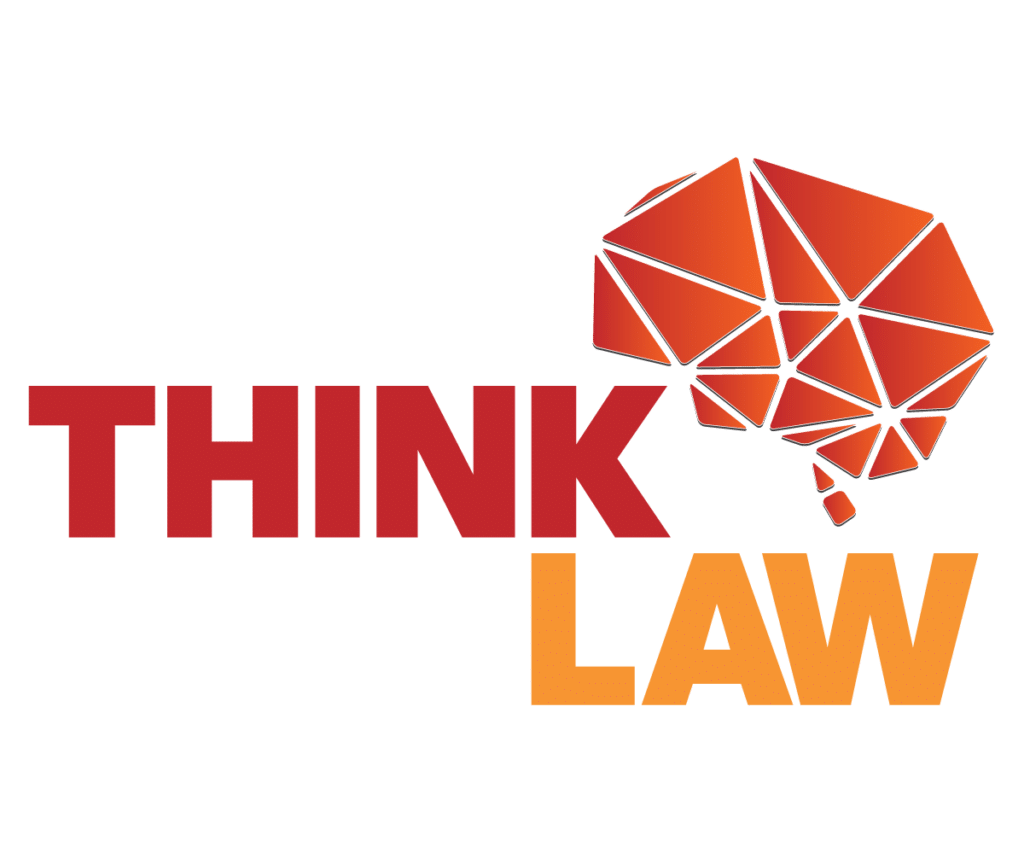
Leave a Reply